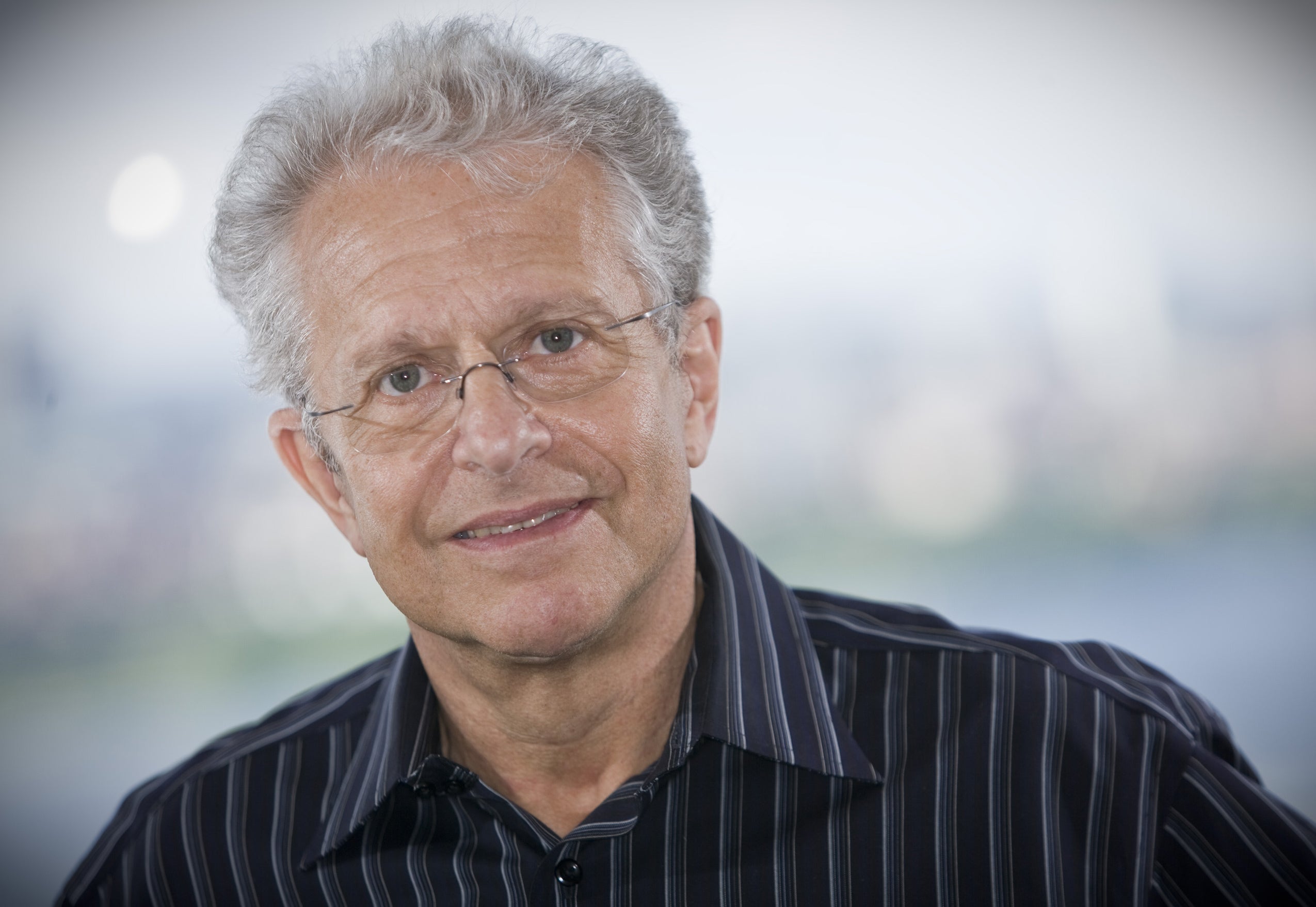On Nov. 21, Harvard Law School Professor Laurence Tribe ’66 participated in a panel discussion of his latest book, “Uncertain Justice: The Roberts Court and the Constitution,” with Dean Martha Minow and Professor Richard Lazarus.
The book focuses on the Court’s activity since 2005, when John G. Roberts Jr. ’79 was appointed chief justice. Tribe said his aim, was “to paint as vivid a picture as I could of nine very remarkable, very different people.” Its chapters focus on “equality, guns, presidential power and access to justice” as well as topics such as “rights for sale” and the limits on “the government’s ability to get you to sell your rights in exchange for various benefits.”
Tribe said that he and his co-author, Joshua Matz ’12, wanted to get past stereotypes—about the justices and the Court, and about the Constitution and the various methodologies for interpreting it. To do so, they looked “at unexpected alliances between the justices of supposedly divergent camps and unexpected divisions between within these ideological camps.”
The biggest challenge, Tribe said, was not demonizing the decisions that are the easiest to take issue with, such as Citizens United. Instead they tried to get inside the heads of the justices and look at what would have led to these decisions. They also tried to look at “the fault lines” in the reasoning of those who disagree with those opinions. “I have in mind people who idealize and romanticize the idea of egalitarian discursive democracy as a way of overcoming the rigidity of First Amendment doctrine in cases like Citizens United,” said Tribe.
Lazarus said he loves the book—because although it leaves no doubt that Tribe believes “restrictions in judicial access under this court are inconsistent with what he perceives as the historic arc towards increasing social justice,” yet the book “rigorously treats each justice with enormous respect.” Lazarus added: “There are no cheap shots.”
Minow agreed that it was a fabulous book and said, “I have always viewed Larry’s understanding of the Constitution as defying gravity. … He has a staggering knowledge,” she said “and this book is a wonderful window onto that.”
In an earlier Q&A with the Harvard Law Bulletin, Tribe discussed some of the implications of the Roberts Court with regard to gay marriage, gun rights, N.S.A. surveillance, health care, emerging threats to privacy, immigration and more. (Read “Certain Change: How the Roberts Court is revising constitutional law” in the Fall 2014 issue of the Harvard Law Bulletin.)
A distinguished legal scholar and a world-renowned professor of constitutional law, Tribe is the author of more than 100 books and articles, including “American Constitutional Law,” “On Reading the Constitution,” and, most recently, “The Invisible Constitution.” He has argued many cases before the Supreme Court of the United States—including the historic Bush v. Gore case in 2000 on behalf of presidential candidate Albert Gore, Jr.—and he has testified frequently before Congress on a broad range of constitutional issues.
Tribe joined the Harvard Law School faculty in 1968, and held the Ralph S. Tyler, Jr. Professorship in Constitutional Law from 1982 to 2004, when he was appointed University Professor—the highest academic honor that Harvard University can bestow upon a faculty member.
